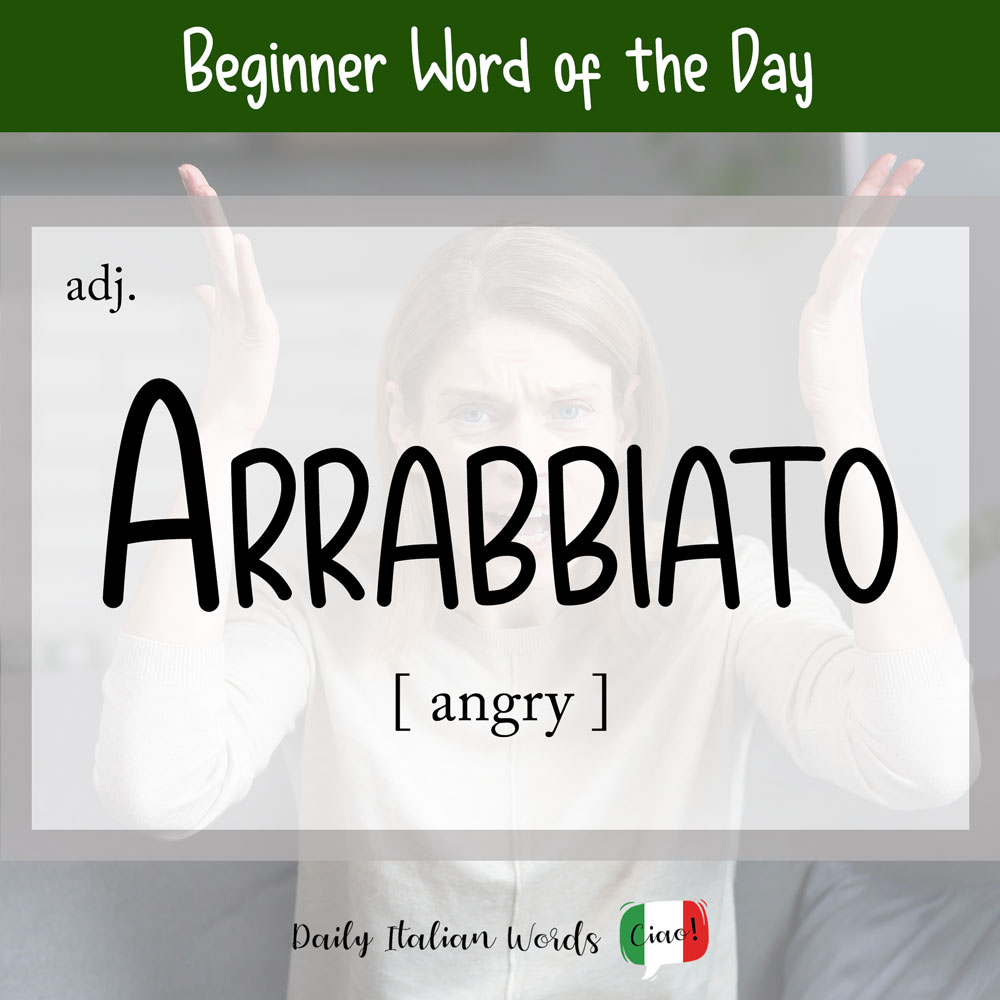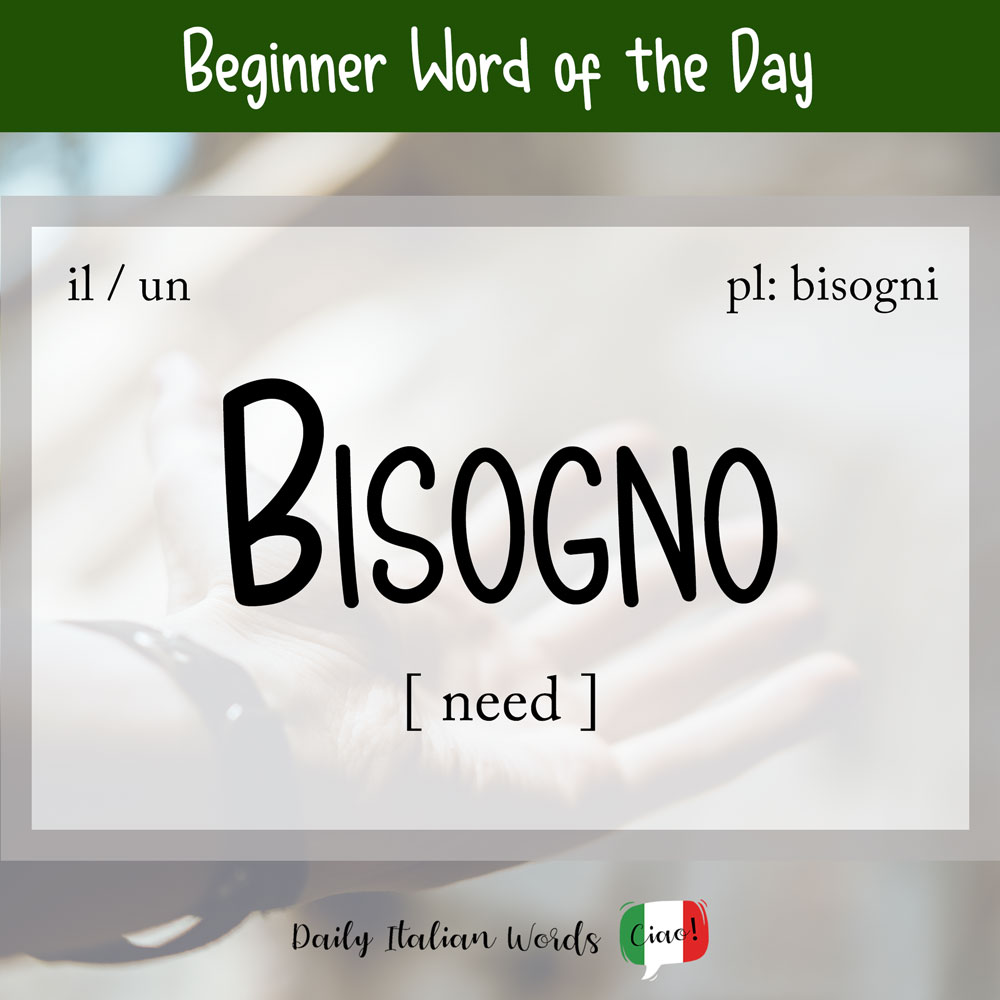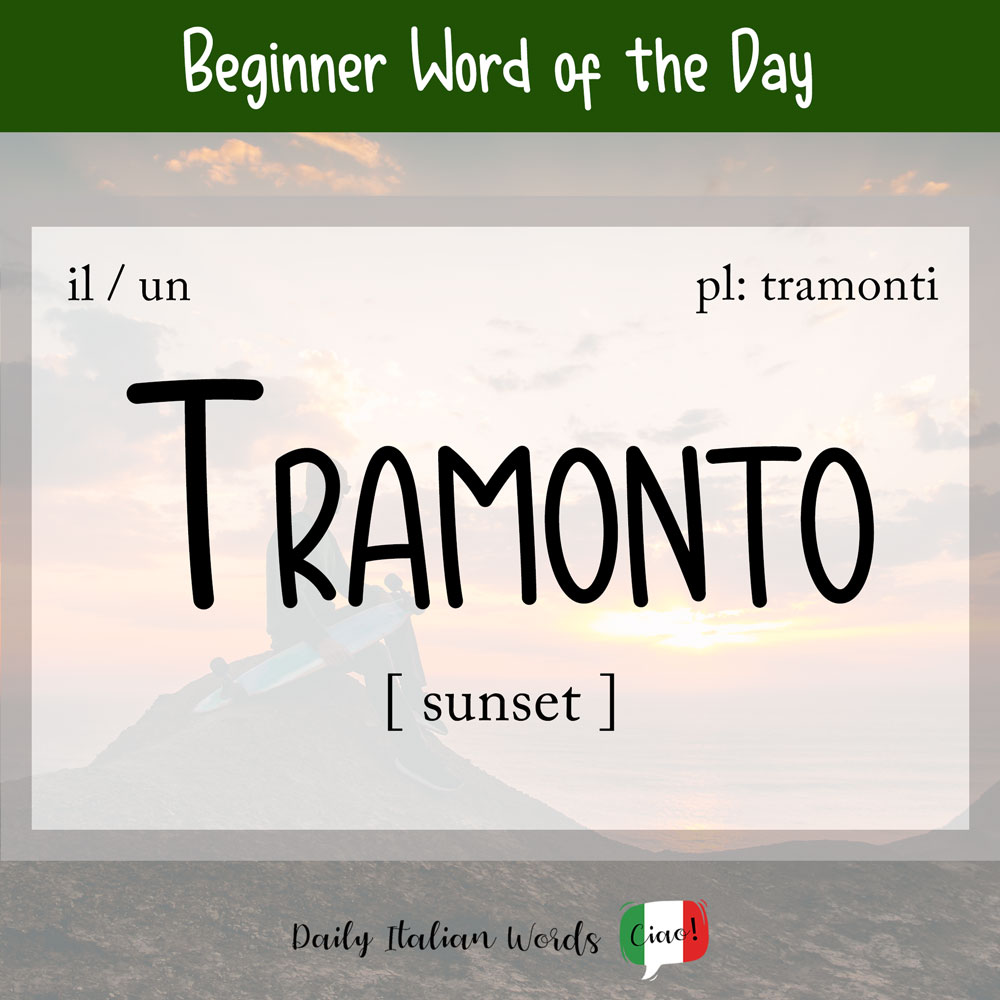Italian Word of the Day: Zia (aunt)
The word for aunt in Italian is zia (feminine, plural: zie). It comes from the Latin word thia and, as in English, is used to describe the sister of one’s mother or father, or the wife of one’s uncle (zio). To describe the latter, the term zia acquisita (aunt by marriage) is often used. Mia zia abita in Italia da dieci anni. My aunt …






